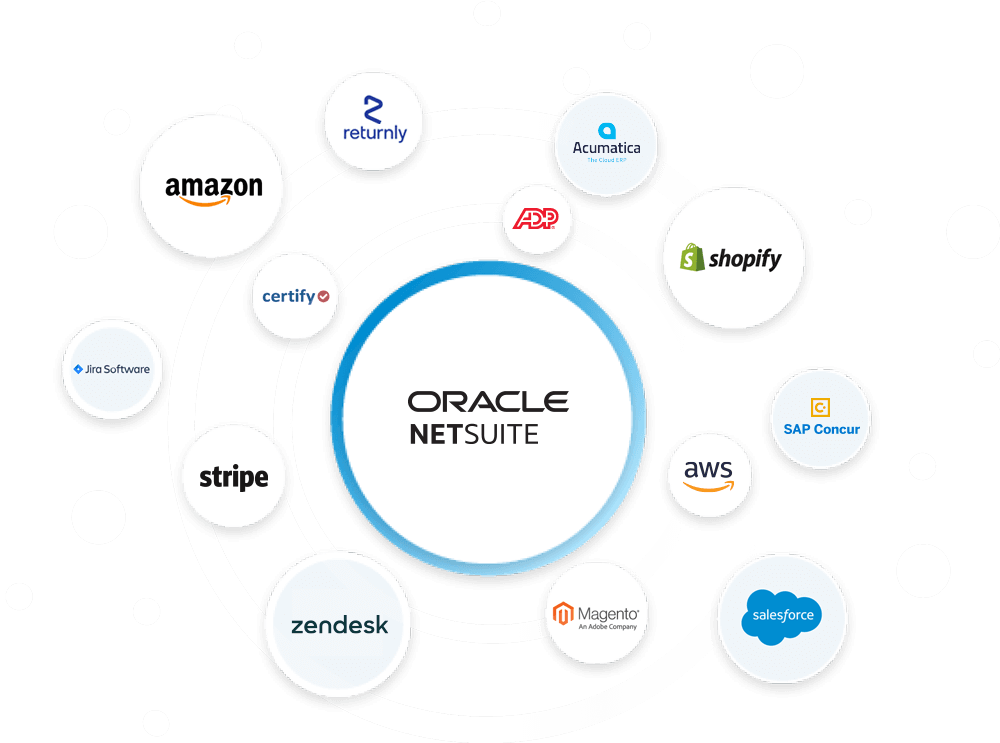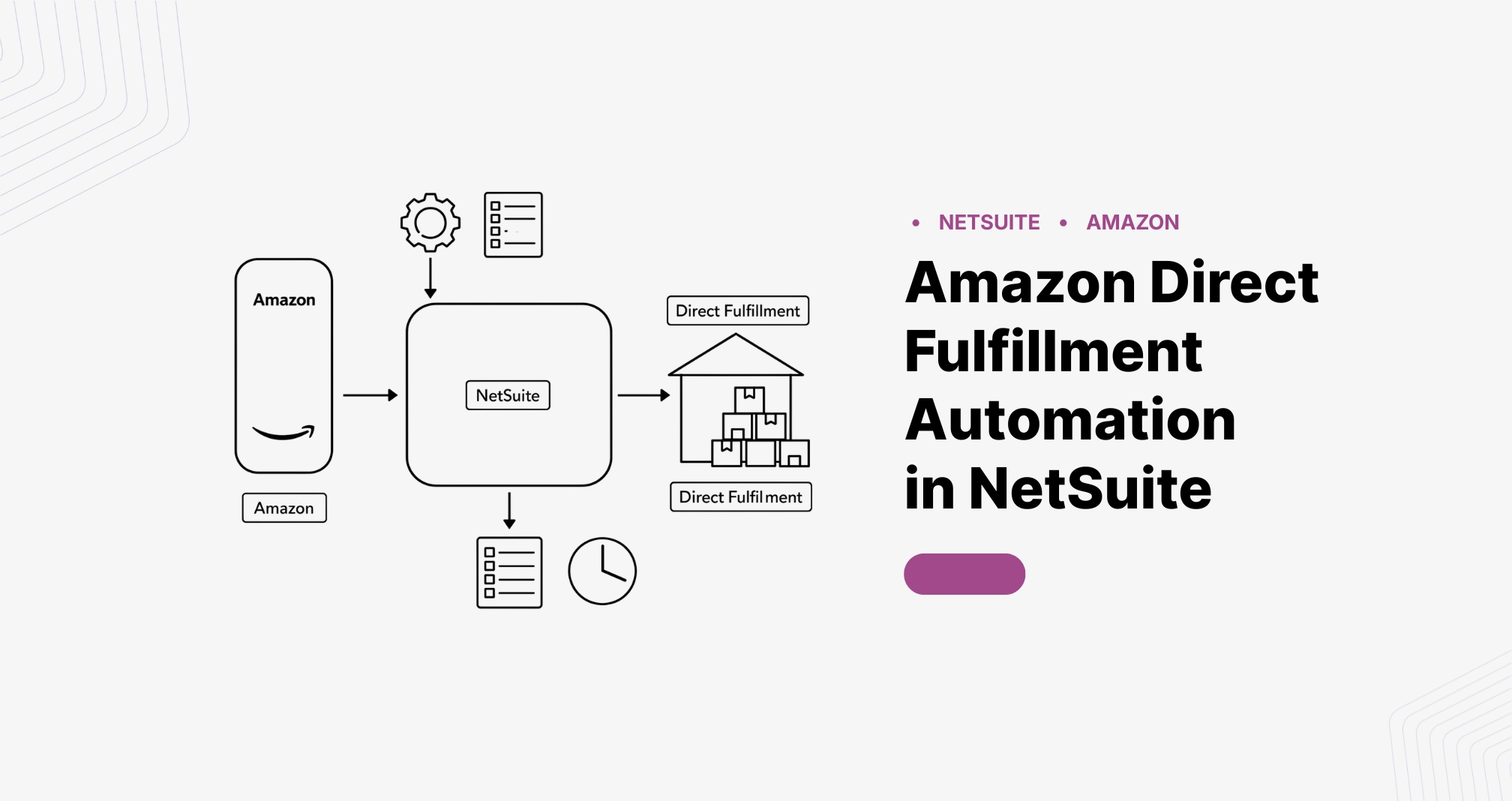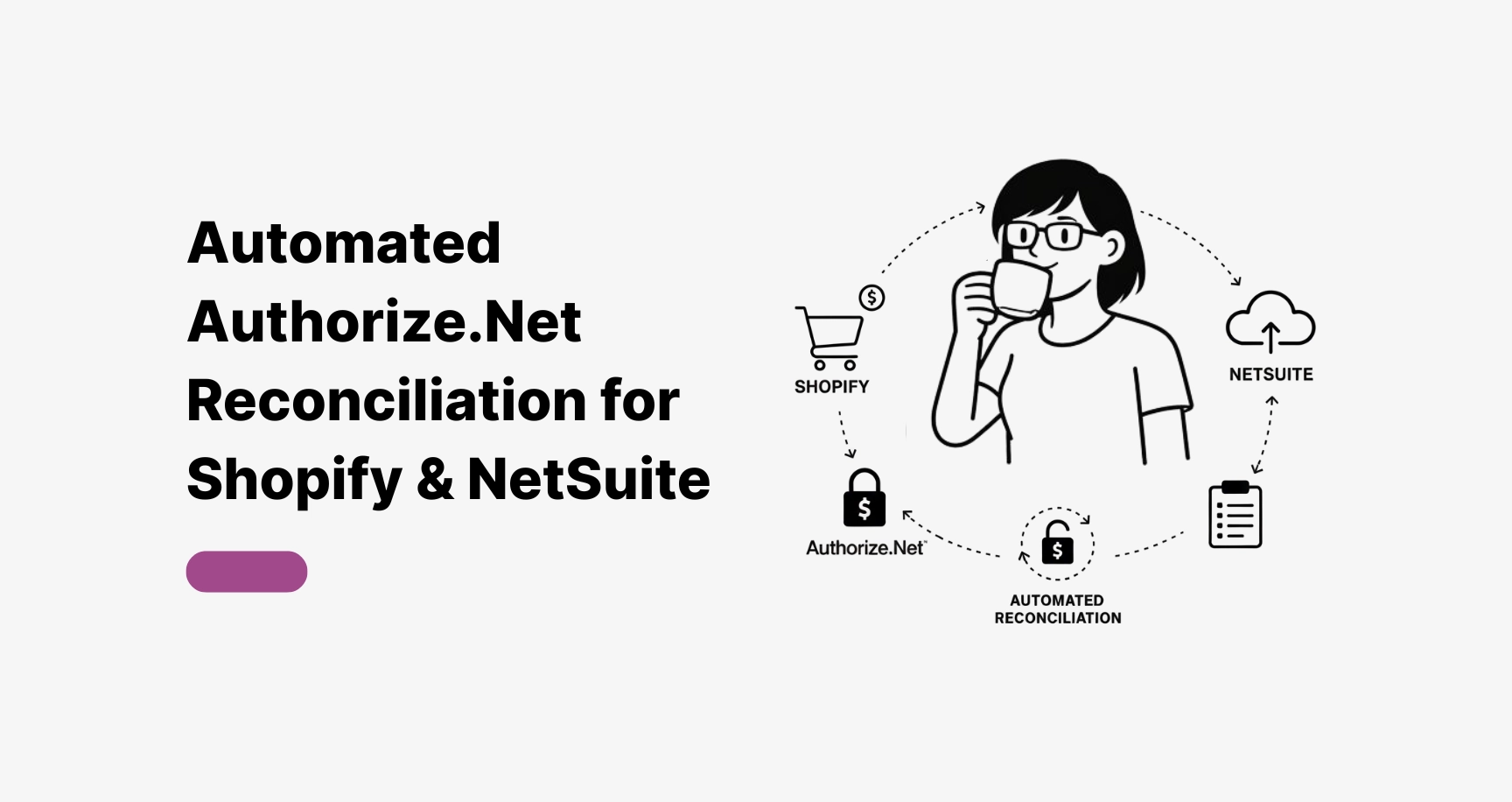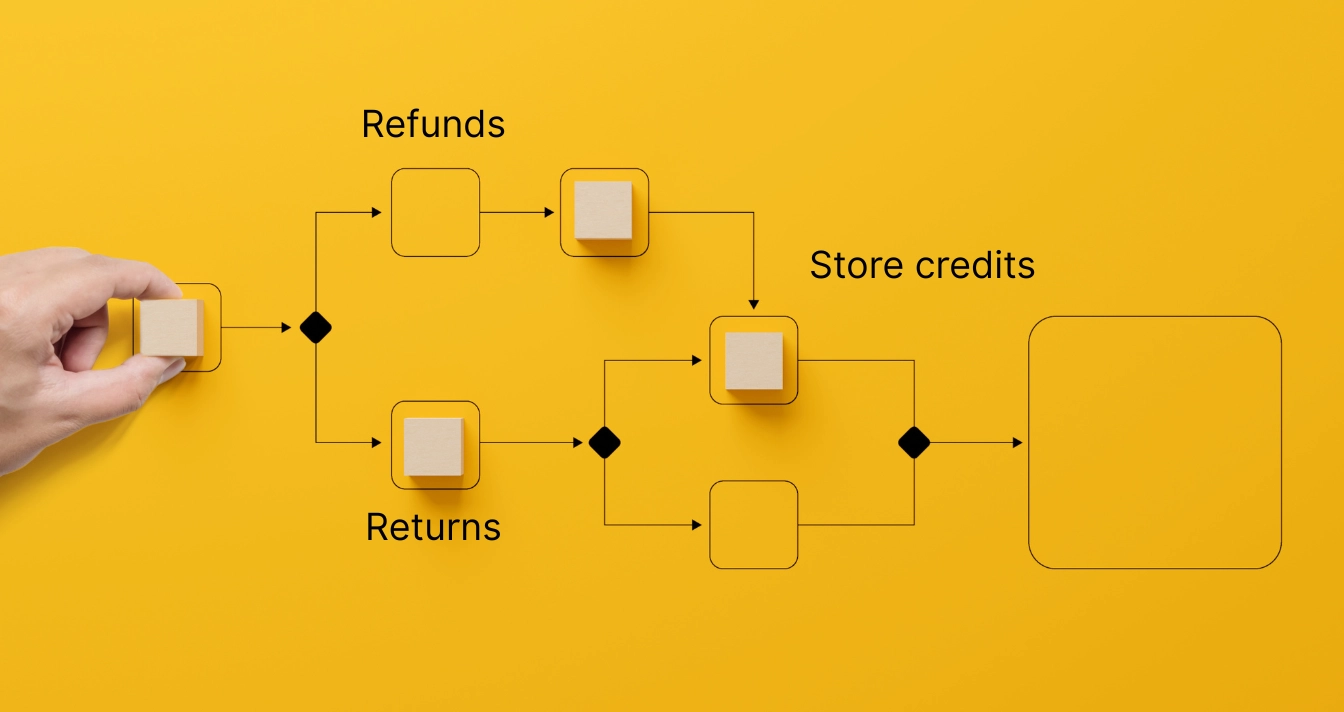eCommerce businesses need more than just connectors—they need integration platforms that not only connect their various systems but also adapt swiftly to new developments.
If you’re evaluating integration tools for your eCommerce tech stack, chances are you’ve come across both Celigo and the NetSuite Connector by FarApp. While both tools are built to streamline data flows between NetSuite and external platforms like Shopify, Amazon, and 3PLs, they differ significantly in functionality, scalability, and long-term value.
Traditional connectors like FarApp often struggle to keep up with platform updates, new features, and the unique needs of businesses, leading to inefficiencies and missed opportunities.
Imagine being an eCommerce manager who needs to integrate a new feature launched by Shopify or adapt to a new sales channel like TikTok Shops. The frustration of waiting for a connector like FarApp to release an update, knowing that each day of delay translates to lost revenue and operational inefficiencies, is a common experience. This scenario emphasizes the need for a more robust and flexible solution.
Adopting a more flexible and comprehensive integration platform can be costly. Businesses relying on FarApp may face:
- Delayed Integrations: Waiting for FarApp to release updates for new e-commerce features or channels like Shopify B2B and TikTok Shops can lead to missed sales opportunities and decreased market competitiveness.
- Increased Operational Costs: Manual workarounds and inefficiencies due to limited automation capabilities can inflate labor costs and increase the likelihood of errors.
- Poor Customer Experience: The inability to quickly adapt to new features or integrate new channels can result in a subpar customer experience, affecting brand loyalty and customer retention.
Celigo and NetSuite Connector (FarApp) are both integration solutions that help connect different systems and automate business processes. However, there are some key differences between the two.
What Is Celigo?
Celigo is a cloud-based integration platform that provides pre-built integrations, connectors, and workflows to connect various business applications. It offers a range of integration solutions for different use cases, including eCommerce, finance, HR, and marketing. Celigo provides a user-friendly interface, drag-and-drop tools, and customizable templates to simplify the integration process. It also provides real-time synchronization, error handling, and monitoring capabilities.
What Is the NetSuite Connector (FarApp)?
NetSuite Connector (FarApp) is a specific integration solution designed to connect NetSuite, an enterprise resource planning (ERP) software, with other systems. It enables bi-directional data exchange between NetSuite and other systems, including Shopify, Magento, Amazon, and 3PLs. NetSuite Connector (FarApp) offers features such as automatic data synchronization, basic customization options, and error handling. It also allows users to map fields between systems and automate data transfer between them.
Which Integration Tool Is Right for You?
In summary, Celigo is a more versatile integration platform that can be used for various integration scenarios, while NetSuite Connector is a more basic solution for connecting NetSuite with a few systems. The choice between the two depends on your specific integration needs and the systems you want to connect.
By adopting Celigo, businesses can achieve:
- Faster Time-to-Market: Quick integration of new features and channels means businesses can capitalize on new opportunities promptly.
- Operational Efficiency: Comprehensive automation reduces manual interventions, cuts operational costs, and minimizes errors.
- Enhanced Customer Experience: Real-time data synchronization and the ability to quickly adapt to new trends ensure a superior customer experience, driving loyalty and sales.
- Expert Support: Leveraging Celigo’s partner ecosystem, businesses gain access to specialized expertise, facilitating smoother and more effective integrations.
Conclusion
If your online channel is not that big for your brand, your flows are typical eCommerce business processes where you don’t need many rules, just some simple if-statements for different values, and you don’t have a huge integration pipeline, FarApp should be good enough. However, if your business involves more advanced processes like returns management, payout reconciliation for multiple payment methods, and you need a robust integration solution, Celigo is the better choice.
In terms of value, Celigo offers more if you integrate three or more applications. If you are integrating only one or two, FarApp might be a more cost-effective choice. But realistically, what are the chances you will only integrate one or two systems if you are serious about scaling your eCommerce operations?
Feature Comparison Table: Celigo vs NetSuite Connector
| Feature | NetSuite Connector (FarApp) | Celigo integrtor.io |
|---|---|---|
| Type | Connector | Full-Blown Integration Platform (iPaaS) |
| Customization | Limited | Extensive |
| Automation | Basic | Comprehensive, supports end-to-end automation |
| Adaptability to New Features | Slow to adapt | Quickly adapts with pre-built templates for new features and integrations |
| Partner Ecosystem | Limited | Extensive, with specialized partners for integrations like Hairball 🙂 |
| Integration Capabilities | Connects specific applications | Connects and automates a wide range of applications and processes |
| Supported E-commerce Platforms | Standard platforms, limited updates | Supports a wide range, with frequent updates and new templates |
| Real-Time Data Synchronization | Basic, often limited to batch updates | Supports real-time and batch updates as needed |
| Ease of Implementation | Generally implemented by NetSuite Professional Services | Implementation supported by a broad partner network |
| Support for New Sales Channels (e.g., TikTok Shops, Mirakl, Faire) | Requires waiting for new connectors to be released by NetSUite product team | Ready-to-use templates, quick implementation |
| Handling Platform Enhancements and Releases (e.g., Shopify B2b, Shopify Markets Pro, ) | Limited capability | Comprehensive solutions with pre-built templates |
| Customer Experience Enhancements | Basic integration, slower updates | Advanced features, real-time updates, seamless customer experience |
| Scalability | Limited | High, with flexibility to expand and customize as needed |
| Error Management | Limited | Impressive, with flexibility to automate Error Resolution with the Celigo API |
| Total Cost of Ownership | Lower initial cost, but higher due to manual workarounds and inefficiencies | Higher initial cost, but lower in the long run due to comprehensive automation and fewer manual processes |



